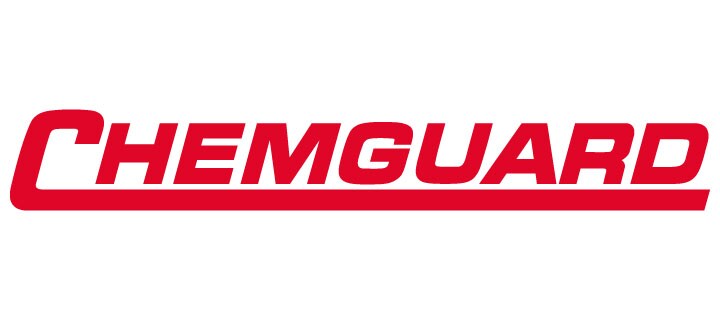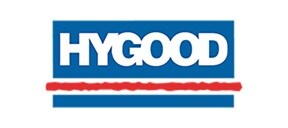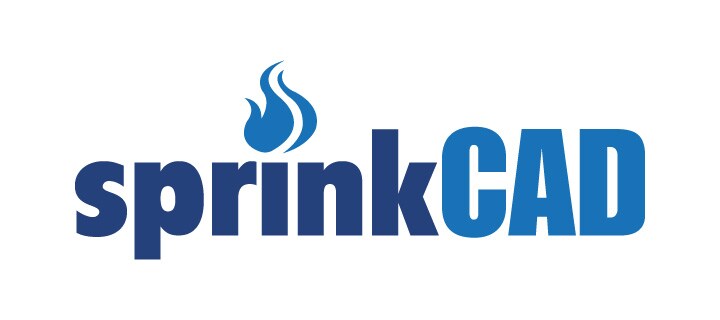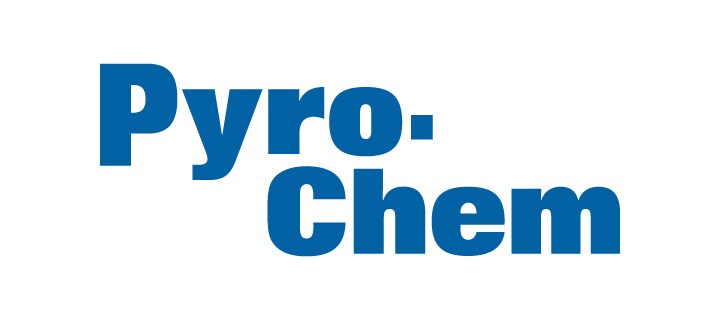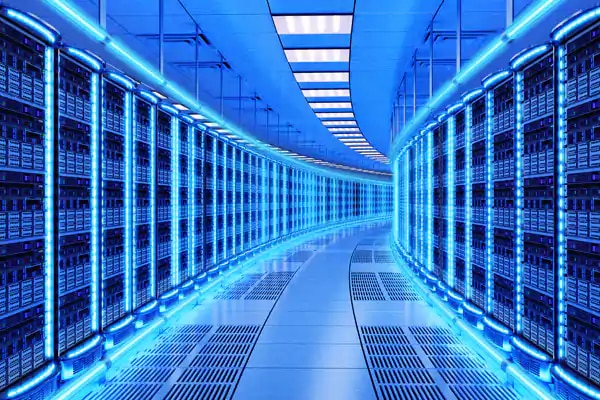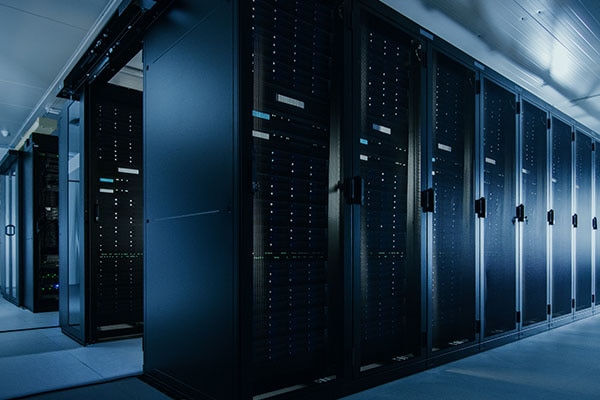When is it Time to Replace Your AC Unit?
An efficient AC unit is an essential feature of any home or Smart Building. But when’s the best time to replace your air conditioning system, and what should you look out for in a new product?
Typically speaking, the long-life cycle of most HVAC systems is around 20 years. For AC units, however, the average product lasts about 10-15 years. Anything older this may represent an excellent investment, but the rate of Smart Technology Development will likely mean that your building isn’t being run as efficiently as possible. So, an upgrade after this 10-15 year lifecycle is still highly recommended.
AC Units
Signs that it’s time to upgrade
Aside from the lifecycle estimate, the most common indicators that it’s time to replace your AC unit are:
- Cold air emission is lacking
- The air flow has declined
- The system is making unusual sounds
- The unit is leaking or producing moisture
- Conditions between rooms or building areas is inconsistent
- If energy wastage has risen (seen in higher energy bills or HVAC Controls that may indicate this)If repair costs exceed the value of a new system (see below)
Repairs: The ‘5,000 Rule’
Many building managers in the US utilise the so-called 5,000 rule when deciding whether to replace HVAC Equipment. Essentially, if the repair costs multiplied by the age of an AC unit exceed the cost of a new system ($5,000 in the US) then it’s worth upgrading. If it falls below this, then the system should still have value over the coming years.
What to consider before upgrading
If you do decide to buy a new air conditioning system, one thing to look at is investing in a more sustainable system. Whilst Building Automation and Controls become smarter, HVAC Decarbonisation will be integral to ensuring facilities are eco-friendly in the long run. With potential regulations likely to come in over the amount of energy buildings can use, a more energy efficient AC unit is highly recommended when it’s time to upgrade.
For more information, check out AC Units by Johnson Controls Here.
Johnson Controls offer a wide range of HVAC and Smart Building Solutions
HVAC Equipment
Every facility needs climate control systems, and we offer the world's largest portfolio of HVAC equipment and controls. Our solutions generate efficiency and save money.
Building Automation Systems
Our building management technologies are designed to pinpoint problems, tame data, and provide systems integration to help manage your facilities.
OpenBlue
Johnson Controls is transforming how spaces and places are perceived and enjoyed. Applying data from both inside buildings and beyond, our customers can now manage operations systemically. Introducing the blueprint of the future: OpenBlue is a dynamic new space from Johnson Controls.
Contact us to discuss your requirements
An efficient AC unit is an essential feature of any home or Smart Building. But when’s the best time to replace your air conditioning system, and what should you look out for in a new product?
Typically speaking, the long-life cycle of most HVAC systems is around 20 years. For AC units, however, the average product lasts about 10-15 years. Anything older this may represent an excellent investment, but the rate of Smart Technology Development will likely mean that your building isn’t being run as efficiently as possible. So, an upgrade after this 10-15 year lifecycle is still highly recommended.
AC Units
Signs that it’s time to upgrade
Aside from the lifecycle estimate, the most common indicators that it’s time to replace your AC unit are:
- Cold air emission is lacking
- The air flow has declined
- The system is making unusual sounds
- The unit is leaking or producing moisture
- Conditions between rooms or building areas is inconsistent
- If energy wastage has risen (seen in higher energy bills or HVAC Controls that may indicate this)If repair costs exceed the value of a new system (see below)
Repairs: The ‘5,000 Rule’
Many building managers in the US utilise the so-called 5,000 rule when deciding whether to replace HVAC Equipment. Essentially, if the repair costs multiplied by the age of an AC unit exceed the cost of a new system ($5,000 in the US) then it’s worth upgrading. If it falls below this, then the system should still have value over the coming years.
What to consider before upgrading
If you do decide to buy a new air conditioning system, one thing to look at is investing in a more sustainable system. Whilst Building Automation and Controls become smarter, HVAC Decarbonisation will be integral to ensuring facilities are eco-friendly in the long run. With potential regulations likely to come in over the amount of energy buildings can use, a more energy efficient AC unit is highly recommended when it’s time to upgrade.
For more information, check out AC Units by Johnson Controls Here.





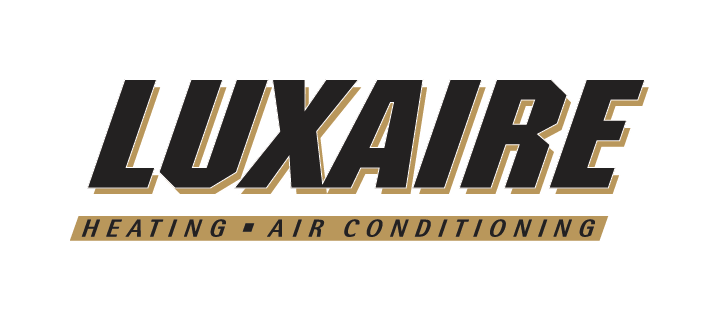



















.png?la=en&h=70&w=157&hash=717A494A27ED61C45CEF95AC3A9C6309)

